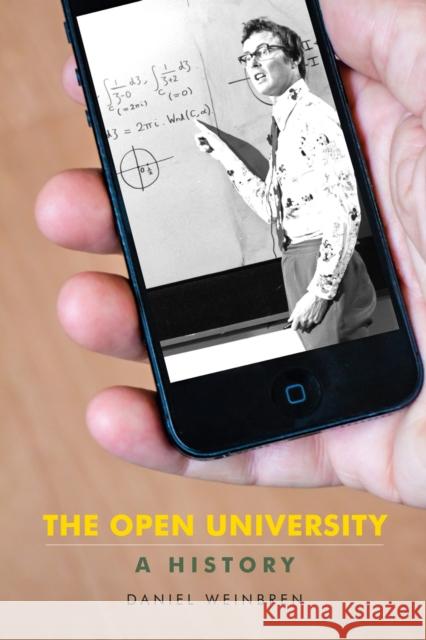The Open University: A History » książka
The Open University: A History
ISBN-13: 9780719096266 / Angielski / Twarda / 2014 / 416 str.
The Open University: A History
ISBN-13: 9780719096266 / Angielski / Twarda / 2014 / 416 str.
(netto: 392,80 VAT: 5%)
Najniższa cena z 30 dni: 407,40
ok. 30 dni roboczych.
Darmowa dostawa!
This analysis of The Open University's precedents, personalities, politics and pedagogies contextualises learners' experiences and illuminates the changing values of our society and our ideas about learning and our use of a variety of media.
In April 1963, Labour Party leader Harold Wilson sketched a proposal for a University of the Air. He launched the idea in the autumn and in April 1969 The Open University, OU was granted a Royal Charter. Aiming to be open to people places, methods and ideas, it has supported the learning of millions and, despite hostility from Ministers of the Crown and some within the BBC, the civil service, the academy and the press, it has won a place in the affections of the nation.
The OU produced relevant, successful innovations in teaching, technology, student guidance and ideas about learning for a wide variety of adults, including those without A-levels and those with disabilities, in prison, in the Services, and with full-time jobs. Its supported, open learning strategies and enabled living rooms to become laboratories, telephones to be used for tutorials and the bus to be where you caught up with your University reading.
Now the clear leader in part-time provision it is subject to the same constraints and opportunities as other universities operating within an increasingly globalised marketplace. This account of its development sheds light on the wider social and political developments and on the history of learning by adults. It reveals how a single institution has transformed the notion of the university.











